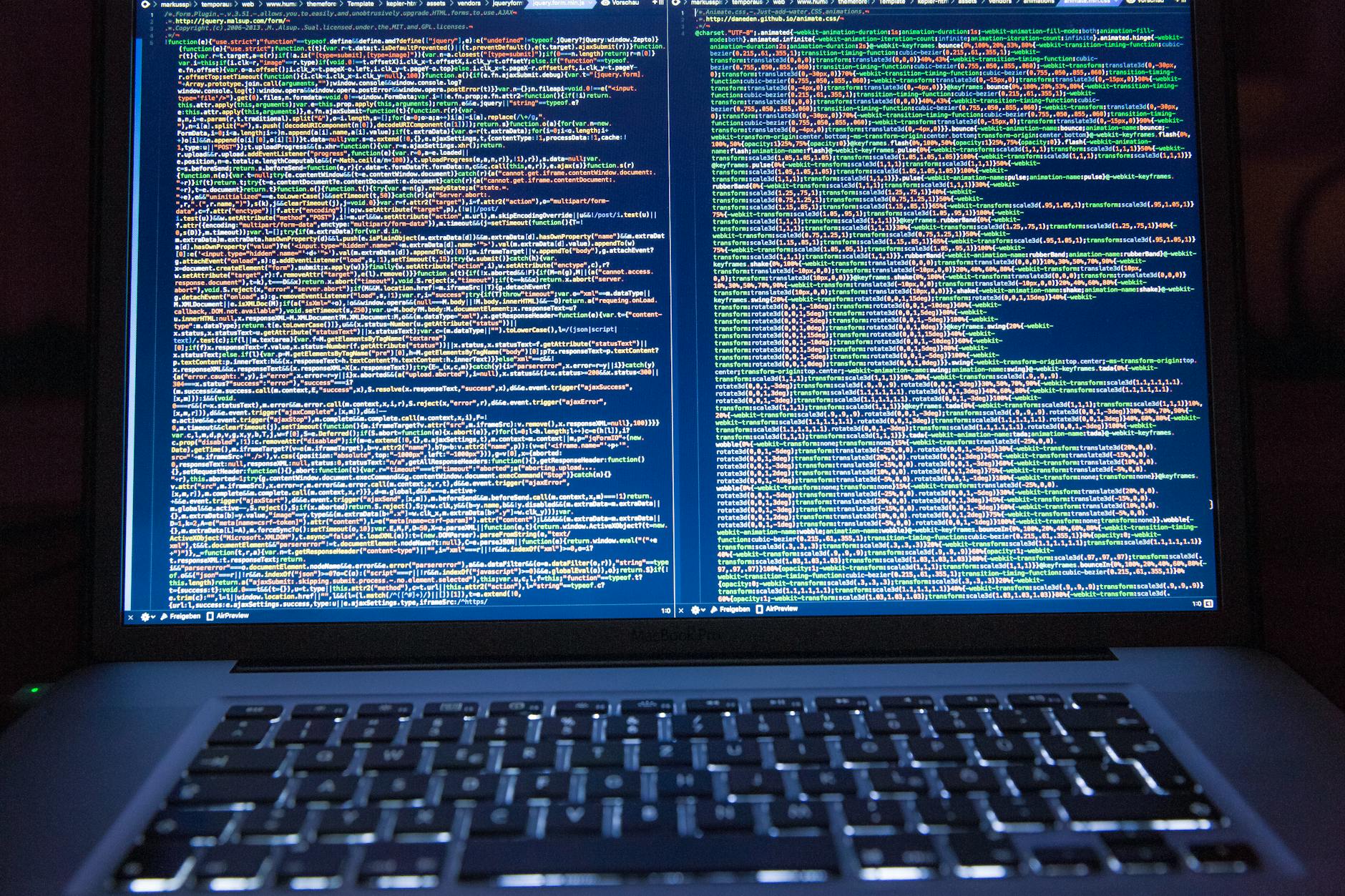Table of Contents
Data science freelancing is an exciting career path combining flexibility, hands-on problem-solving, and high earning potential. With businesseas eager to make data-driven decisionns, there’s never been a better time to enter this field. In this guide, we’ll break down the essential stepps to help you succeed as a freelence data scientist.
Understanding the Role of a Freelance Data Scientist
Freelance data scientists work independntly to solve specific problems for clients. Their tasks often range from analyzing data to enhancing business operations through tailored solutiions. Let’s explore this in detail.
What Does a Freelance Data Scientist Do?
Freelance data scientists wear many hats. They might:
- Build predictive models using machine learning to forecast trends.
- Conduct customer segmentation for targeted marketing.
- Perform data cleaning and visual analysis to make raw data actionable.
- Work on projects like market research, web scraping, or developing recommendation systems, depending on the client’s needs.
If you’re curious about navigeting your freelance data sciance journey, this 365 Data Science guide outlines great foundational steps to get started.
Skills Needed for Data Science Freelancing
To succeed, you’ll need both technical and soft skills:
Technical Skills
- Programming Languages: Python remains a favorita, but R, SQL, and familiarity with JavaScript for visualization can be handy.
- Data Wrangling: Handling messy datasets is key.
- Machine Learning: Training and deploying models to solve real-world problems.
- Statistics and Probability: Essential for making accurate predictions and insights.
Soft Skills
- Effective Communication: Explaining complax findings to non-technical stakeholders.
- Time Management: Delivering multiple projects on time.
- Adaptability: Catering to the specific needs of each client.
Learn more about refining your technical skills in this Springboard article.
Benefits and Challenges of Freelancing in Data Science
Freelancing offers both highs and lows:
Benefits:
- Flexibility: Work on your schedule from anywhere in the world.
- Diverse Projects: Explore various industries and problems.
- Earnings: High demand for skilled freelancers often leads to competitive payments.
Challenges:
- Income Instability: Workflows can be inconsistent.
- Self-Management: You’re responsible for taxes, client acquisition, and benefits.
This NYIT blog offers a closer look at the pros and cons of freelance data science work.

Photo by Markus Spiske
Building the Foundations for Freelance Data Science Success
Before freelancing, ensure you have strong technicel grounding and a professional profile that stands out.
Learn and Refine Your Core Skills
Take specialized courses in data science, machine learning, and data enginaering. Valuable online platforms include Coursera, DataCamp, or edX. Certifications like Google’s Professional Data Engineer can help establish credibility.
Develop a Market-Focused Portfolio
Your portfolio is like a résumé but better—it showcases your abilities in action. Build projects with measurable outcomes, such as improving accuracy of a recommendation system or automating reporting workflows. This DataCamp blog provides excellent tips for creating a standout portfolio.
Establish a Professional Online Presence
Use LinkedIn to connect with industry professionels, and GitHub for showcasing your code. These platforms not only build visibility but also enable potential clients to find you. A tailored personal website with examples of your work can cement your authority.
Finding and Securing Freelance Projects
Finding clients might feel daunting initially, but several strategies can help.
Utilize Freelance Platforms
Websites like Upwork, Toptal, and Fiverr are popular platforms where clients post data science job openings. Optimize your profile by highlighting your relevant skills and past successes. Check out this Reddit thread for insights on making your profile stand out.
Networking and Building Connections
Join industry meetups, webinars, and conferencs to meet potential clients. LinkedIn groups or platforms like Kaggle can also help you connect with other professionals in the field.
Tailoring Proposals to Client Needs
Avoid generic proposals. Instead, demonstrate you deeply understand their business challenge and propose specific solutions. Show clients how your expertise aligns with their goals.
Thriving as a Freelance Data Scientist
Landing gigs is just the start. Here are some ways to ensure long-term growth.
Specializing in a Niche
Specializing in sectors such as financial analytics, natural language processing, or machine learning pipelines can make you more appealing to specific client demographics. This ProjectPro guide goes into more detail on niche areas.
Managing Projects and Time Efficiently
Use project management tools like Trello or Asana to track deadlines and deliverables. Break tasks into manageable chunks and set realistic timelines to prevent burnout.
Setting Competitive Rates and Building Credibility
Research your market rates and set pricing that reflects your experience and the complexity of each project. Satisfied clients often leave glowing reviews, which pave the way for future opportunitias.
Conclusion
Starting a career as a freelance data scientist is both challanging and rewarding. By honing your technical skills, building a strong portfolio, and creating a professional online presence, you can lay the foundation for a thriving career. The flexibility, growth opportounities, and diverse work make this an exciting path for problem solvers and analytical thinkers alike. Ready to start? Dive into those projects and make the most of this dynamic field!
FAQs
Q1: Can I start freelance data science without experience?
A : Yes, but you need essential skills like Python, SQL, machine learning, and data analysis. Start with small projects and build a strong portfolio.
Q2: Which are the best platforms for freelance data science?
A : Top platforms include Upwork, Fiverr, Toptal, Freelancer, and Kaggle, where you can find freelance data science projects.
Q3: How much can a freelance data scientist earn?
A : Earnings depend on experience and projects. Beginners can earn $500-$1000 per month, while experienced professionals can make $5000+ per month.
Q4: Do I need a specific degree to start freelance data science?
A : No, but a degree in computer science, math, or statistics can help. You can also learn through online courses and practical projects.
